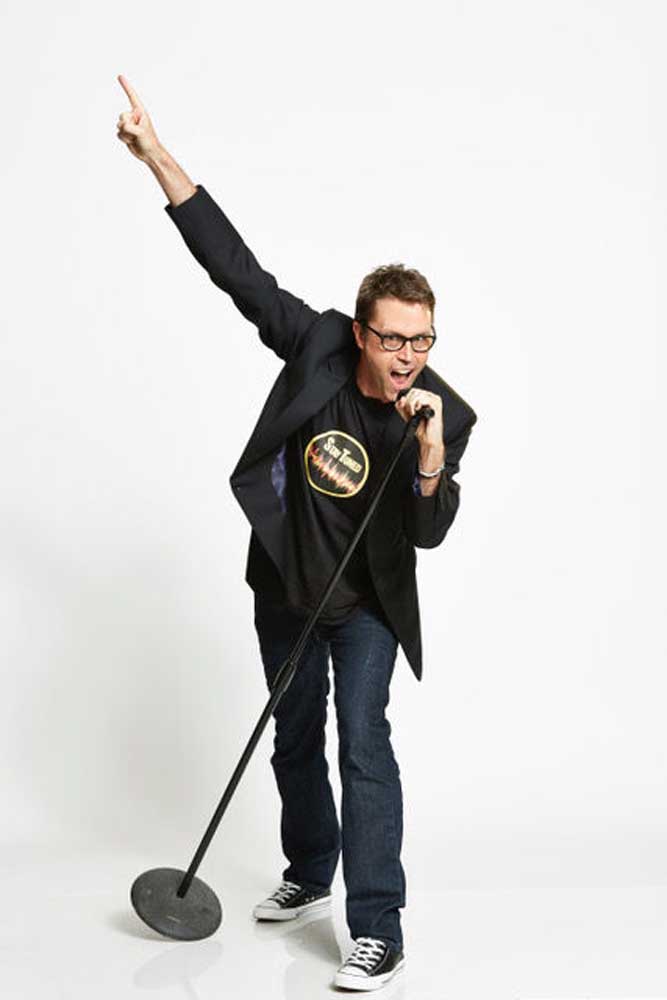Q&A with singer Deke Sharon
Published 12:00 am Thursday, February 8, 2018

- Submitted photo
Who: Singer, arranger and producer Deke Sharon is, by and large, the creator of contemporary a cappella. In college, he created the dense, band-without-instruments style that abounds today, as well as the Contemporary A Cappella Society and the International Championship of College A Cappella (ICCA). He’s also served as producer of NBC’s “The Sing-Off” and as arranger, on-site music director and vocal producer for the film “Pitch Perfect” and its two sequels. Now, he’ll attend for the first time this weekend, the sold-out Bend A Cappella Festival, where he’ll lead a master class and serve as emcee during the Sing-Off event. He also expects he’ll sing a little with Friday’s headliner, The House Jacks, which — you guessed it — he started some 27 years ago but had to leave three years ago because of the many other demands on his schedule.
Q: It’s funny reading your bio. I feel like anything a cappella-related in film or on TV, you’ve had a hand in. Is that accurate, or almost accurate?
A: (Laughs) When I graduated college and kind of started this new sound within a cappella, I just wanted to share it with people. I felt like, if they knew about it, they could enjoy it as much as I do. So I set out to kind of create a community and spread the word on this kind of music. Honestly, everybody laughed at me. They were like, ‘That’s not how it works. You can’t really make this happen.’ Here we are not much later, 25 years later. So, I have been involved in many, many different things. Many of them I started myself, just because I could. The college competition — I wanted there to be a March Madness of a cappella the way there is of basketball, and so I started the NCCA, as opposed to the NCAA — and then it went international, and so now it’s the ICCA.
Q: With your work over the last 25 years, and pop-culture things like “Sing-Off” and “Pitch Perfect,” do you see a lot of younger, newer singers drawn in by seeing a cappella go mainstream?
A: Not just a lot. It went from being kind of a niche activity with just a few pro groups, and maybe 200 college a cappella groups, to now over 3,000 college a cappella groups and being a household name. When I graduated, if you asked somebody on the bus if they knew what the word a cappella meant, most people wouldn’t have any idea, and those who did would either think it was Gregorian chant, like church music, or maybe doo-wop or barbershop. Now when you say a cappella, people immediately think of “Pitch Perfect” and Pentatonix. I think you’d be hard-pressed to find somebody in America who didn’t have a very clear idea of what contemporary a cappella is. In that sense, we’ve definitely gotten the word out.
Q: I’ve seen you referred to as both the father and godfather of a cappella. Do you have a preference?
A: I don’t. (Laughs.) You know, the first time was in the book “Pitch Perfect,” a nonfiction book about the college a cappella world. …I’m referred to as the father of modern a cappella. … And since then, I’ve been called the father, the godfather. Right after the book came out, some of the guys in The House Jacks used to tease me. They called me “Padre” and “Papa.” (Laughs) The a cappella community, thankfully … no one within it takes themselves too seriously, so we just have a lot of fun.
— David Jasper, The Bulletin








